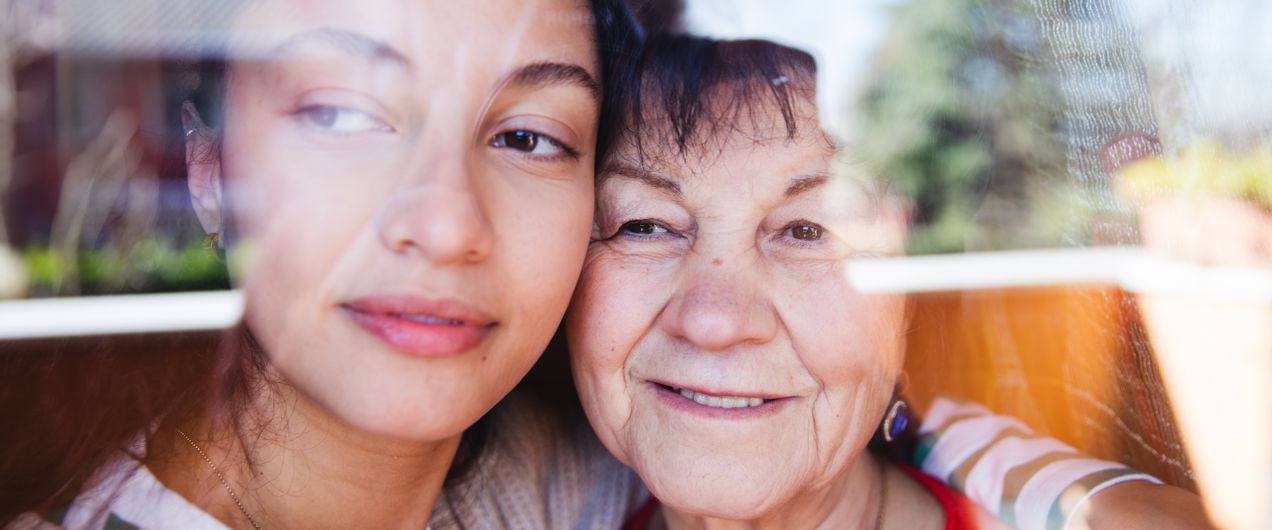Caregiving is a reality most of us will face at some point in our lives, be it by becoming caregivers ourselves, supporting one, or requiring our own support. In the UK there are estimated to be over 10 million informal carers (one in five adults).
Defining informal care isn’t merely about tending to health.
The Department of Health and Social Care defines an informal carer as “Someone who provides unpaid help to a friend or family member needing support, perhaps due to illness, older age, disability, a mental health condition or an addiction, as long as they are not employed to do so.”
However, our research into the lived experiences of carers suggests that this definition barely scratches the surface. Carers don’t just tend to health; they assume a kaleidoscope of roles – financial consultant, advocate, administrator, emotional pillar, household lead, transporter and legal advisor.
Greater understanding and support is urgently needed for carers from across sectors.
With up to 600 people resigning daily from their jobs to care for loved ones, the ramifications extend to lost income, reduced savings, and pension gaps, along with other wider economic implications. Morover, caregiving introduces significant emotional and physical strain, leading to decreased quality of life. A staggering 71% of UK informal carers report poor physical or mental health, with 55% saying they suffer from depression as a result of their caring role.
Whilst it is important to recognise the efforts made in the health and social care sectors to address these issues, these sectors are also facing unprecedented pressure and constraints. This stifles progress and innovation and often means that design approaches ensuring support accessible to all—such as inclusive design and co-production with community and voluntary partnerships—is de-prioritised.
Responsibility for the support of carers does not just sit within health and social care
Informal carers are often invisible to organisations across sectors, meaning their needs are not being met by the wide array of services they need to interact with. Improving access to services will in turn improve the lives of older people and their carers, keep people healthy and independent in the community, and enable some carers to stay in work.
Themes based on lived experience explored in the report
Carers feel:
- Lost
- Unrecognised
- Overlooked
Informal carer personas bringing the experience to life
We discovered that the behaviours and needs of informal carers when accessing services was highly influenced by two factors: how proactive they were about finding information and resources, and how confident they were in their own abilities to navigate new services and problem-solve. We found four key archetypes.
Navigators
Jump into action when a new situation arises. It helps to know what is coming and how to be a step ahead.
Travellers
Carers need more time to process the journey they are on and have less of a tendency to plan ahead.
Drifters
Would like to be more pro-active in managing their loved one’s care needs but struggle with navigating new services.
Stranded
Carers feel abandoned and powerless over their situation.
Principles to keep in mind when designing for different carer archetypes
Accessibility
Ensure accessibility to all across all interactions and touchpointsSupportive
Acknowledge the emotional and practical load placed on informal carers and be there to assist and supportIntegrated
Bring multi-organisation service responses together seamlessly acound the older person and informal carerCommunicative
Understand users to communicate the right information at the right timeSimple
Remove unnecessary steps, processes and bureaucracyFlexible
Adapt to the needs and context of users
